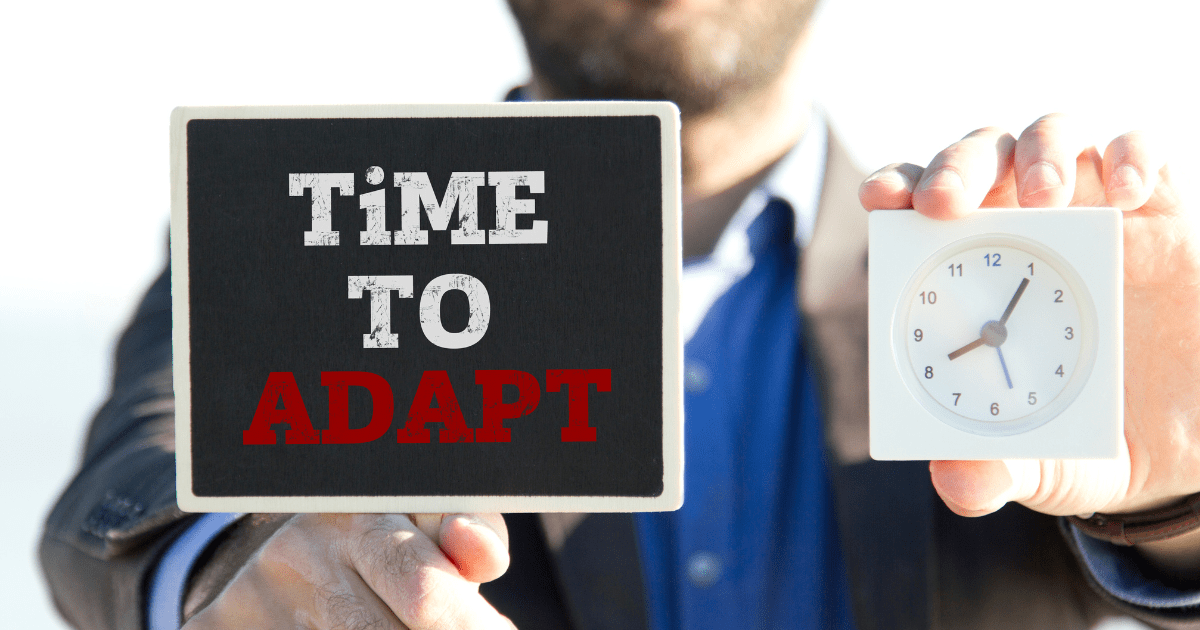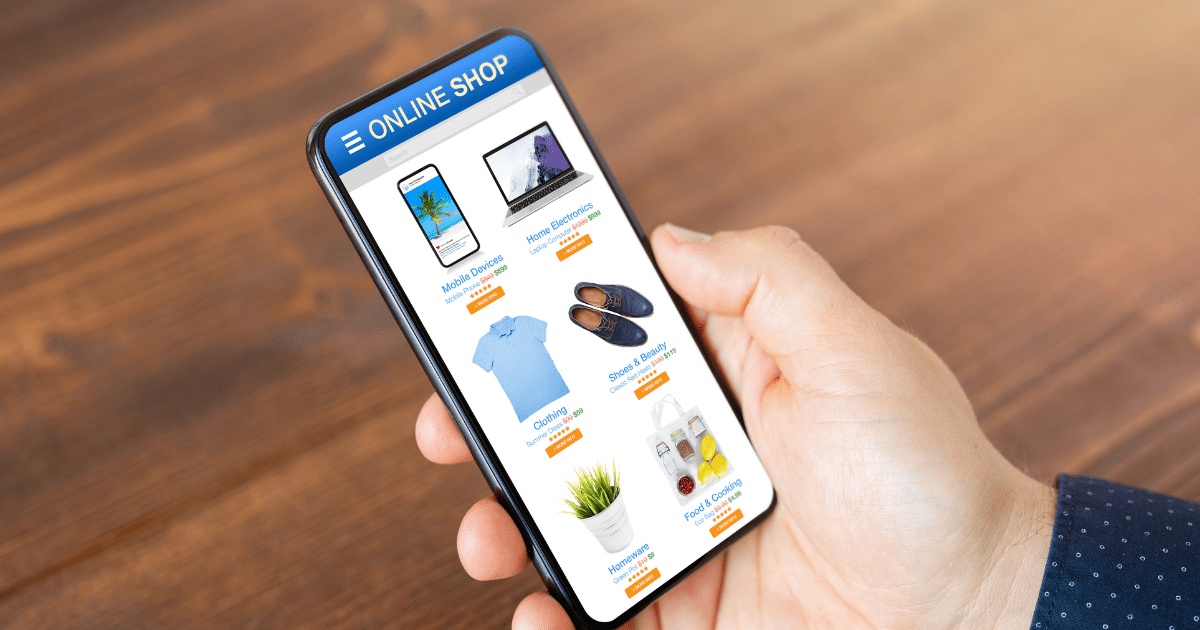
Startups are using big data to come up with innovative ideas solving a wide variety of challenges.
Big data is having an impact in almost every sector from agriculture where data is used to increase operational efficiency; financial services where the application can be used to better sales and service strategies; retail – especially in the creation of marketing strategies, and healthcare where big data is applied in finding cures for diseases and to improve the overall quality of living.
While South Africa does lag behind international markets adoption curves, locally there are an increasing number of big data startups who are focusing on everything from online reputation management and data science to health technology.
Here are 5 startups in SA that are using big data to help both businesses and individuals to get the most out of their data and are driving innovation in their sectors.
LifeQ (Health) – Stellenbosch
Founders: Laurence Olivier, Riaan Conradie (PhD), Kora Holm, Franco Du Preez (PhD)
LifeQ, which launched globally at CES in 2015, takes the trend of body monitoring devices a step further and uses real-time and predictive data to create a digital simulation of human physiology.
The startup makes use of two technologies: continuous physiological monitoring and bio-mathematical modeling to provide insights about personal and population-wide health, thereby significantly improving an individual’s ability to make health and wellness decisions.
Monocle (Online reputation management) – Durban
Founders: Mike Saunders, Steve Gardner and Darren Young
Monocle offers a real-time social media analytics tool which helps businesses to better manage their online presence by giving them the intelligence necessary to make better decisions.
The online reputation management (ORM) company which launched in 2015, offers clients an in-depth breakdown of various aspects of their online activities and performance (as well as that of their competitors) and also helps brands identify influencers that can create real engagement around their brands.
BusinessOptics (Software and analytics) – Johannesburg
Founders: Marius van der Westhuizen, Bradley Smith, James Saunders, Jason Brownbridge
BusinessOptics which has been around since 2011 brings the power of big data and the cloud to help businesses answer questions like: which customers they should be calling, during what time of the day and by which agent to optimise the success of your call centres?
Through its prescriptive analytics cloud-based platform, the startup aims to use the intelligence that can be derived from big data that is available in the business to continuously improve business decisions both operationally and strategically.
For example, it is not enough to know which person is the most likely to purchase insurance, the solutions predicts who the most valuable customer will be, taking into account the behaviour of customers after taking up the product.
Isazi Consulting (Software and analytics) – Johannesburg
Founders: Ashley Anthony, Dario Fanucchi, Obakeng Moepya
Isazi, launched in 2012, is a data science company that is focused on solving African companies big data problems using machine learning and optimization.
They offer tailor-made solutions that can help businesses make sense of such data and incorporate it into models that improve their bottom lines.
Their solutions can be used on a diverse range of problems including using data to find the optimum flight schedules for airlines, predicting futures commodity prices and optimising the packing of shipping containers.
Emerge Analytics (Business and project management) – Johannesburg
Founders: Danny Saksenberg, Laurence Rau
Launched in 2012, Emerge Analytics uses machine learning, a type of artificial intelligence (AI), to build data models and solve complex business problems.
The company helps big businesses such as banks, insurance and telecoms companies use the substantial data at their disposal to identify multiple different patterns like predicting the likelihood that someone will buy a product, cancel an account or policy, claim against a policy, pay back a loan, and many others.


